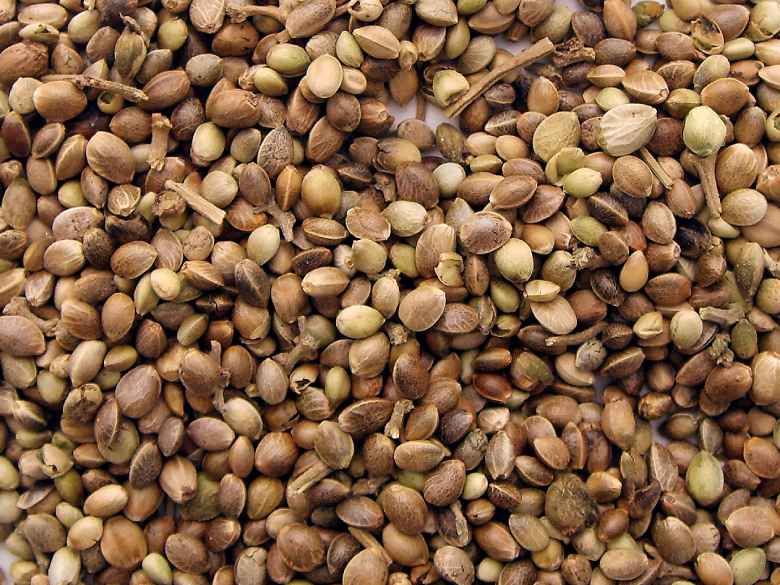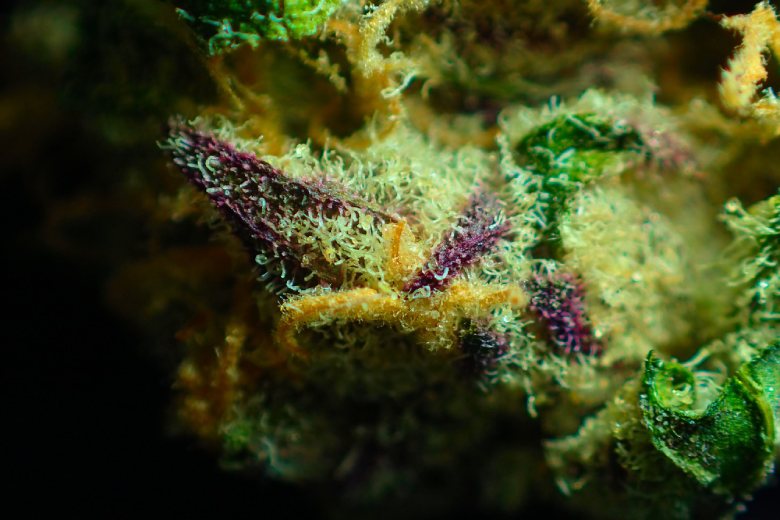Modified on: 11/09/2023
What is the legal sativa hemp? And what are its properties and differences with the indica hemp?
The fundamental division between the types of Cannabis was first introduced by the French biologist Jean-Baptiste Lamarck in 1785.
Lamarck carried out a study in particular on the narcotic effects of cannabis from two different regions, that of the Middle East and Maghreb (Turkey, Afghanistan and Morocco) and that coming from the equatorial areas (Colombia, Mexico, Thailand and South East Asia).
The distinction recognized by the biologist has led to the classification currently in use between Sativa Cannabis and Indica Cannabis, each with peculiar characteristics that define not only its psychoactive effects but also its phenotype.
The European Law, allows the free cultivation of CBD cannabis (Sativa Cannabis), that is with contents of THC (tetrahydrocannabinol) lower than 0.2%.
Cultivation is made possible by certified seeds and specially selected to prevent exceeding the permitted THC threshold.


The innovation of the legal cannabis cultivation comes from the multiplicity of its uses, not only in the textile field, but also in the food, medical, biotechnology, green building sectors, etc. The strength of the plant and its high yield are some of the factors for which it appears among the innovative crops, guaranteeing the farmer tax incentives and annual premiums to which government and regional incentives are added.
Legal Sativa hemp and Indica hemp: the differences
Sativa Hemp
The Sativa hemp, legal in Italy, is characterized by a remarkable growth in height, with specimens that can reach up to 5 meters in height, characterized by a slender stem and leaf.
Generally, due to its large size, it needs more space between one plant and another.
This type of cannabis develops the pods along the branches instead of at the nodes, with the result of guaranteeing a greater yield in the case in which they are grown to obtain cannabis seeds.
The vegetation phase is characterized by rapid growth, while the flowering phase takes longer; overall the harvest time can vary from 60 to 90 days: it is sown in March / April and the harvest is usually made in August.
Legal hemp is especially appreciated in the medical field for its stimulating effects, recommended as an antidepressant and a cure for ADHD (attention deficit hyperactivity disorder).
Read also: Legal hemp
Indica Hemp
Indica hemp, unlike Sativa cannabis, is characterized by a small stem, which rarely exceeds two meters, and a bushy shape, with numerous very dense branches. The bushy shape and the small size make it ideal for indoor cultivation as well as allowing a greater density of plants per square meter.
This plant develops the pods at the nodes and is characterized by a longer vegetation phase than the flowering one, with harvest times lower than the sativa variety, generally between 45 and 65 days.
In the medical field, the Indica hemp is used as a painkiller, as well as in the treatment of various dysfunctions and muscle diseases precisely because of the relaxing and sedative effect.
Main types of Legal Sativa Hemp
A further and fundamental distinction to be made, as far as legal hemp is concerned, is that between dioecious and monoic plant.
The dioecious plant is male or female, the monoecious plant has both characteristics, bringing marijuana seeds and CBD flowers.


The type of plant to be cultivated depends on the type of product to be obtained: in fact, if you want to collect the seeds, the monoecious plants ensure a decidedly greater yield (an average per hectare of 6 quintals for the monoecious against the 4-4, 5 of the dioica).
If, on the other hand, we want to obtain only biomass, the dioica in general turn out to be optimal since they are characterized by a longer stem than the monoecious ones which, for their part, remain fairly homogeneous in height, never exceeding the optimal dimensions for threshing.
Read also: Marijuana butter: the recipe of the famous cannabutter!
The main types of dioecious plants are as follows:
- Carmagnola, with stems high on average 3.5 meters, is among the most cultivated Italian qualities as rich in fibers, also suitable for the production of bricks;
- Fibranova, like Carmagnola, is suitable for Italian climates and has an excellent fiber yield;
- Tiborszallasi, a Hungarian variety characterized both by an excellent yield of fiber, with stems that can reach 4 meters in height, and by a satisfactory production of seeds and inflorescences.
Here are the main types of monoecious plants:
- Futura, a French variety that maintains an average height of 2.5 meters, designed primarily for the production of seeds and for use in the production of fertilizers;
- Felina, one of the most widespread in France, with a good yield in fibers and seeds, born from the crossing of Kompolti (which, however, due to its high percentage of THC cannot be cultivated directly) and Fibrimon;
- Use 31, a Hungarian variety excellent for the production of seeds, characterized by a fairly fast flowering, favored by the climatic difference;
- Codimono, a German variety, genetically derived from the dioecious called in Germany “superfibra”. It is characterized by a very high fiber production.
Do you want to try legal hemp and legal hash?
On our online store, justbob.it, you will find a wide range of super controlled and certified legal CBD cannabis, ready to be sent to your home.
Don’t wait any longer: choose quality and safety, choose JustBob!









